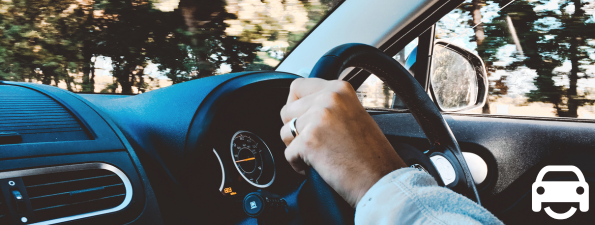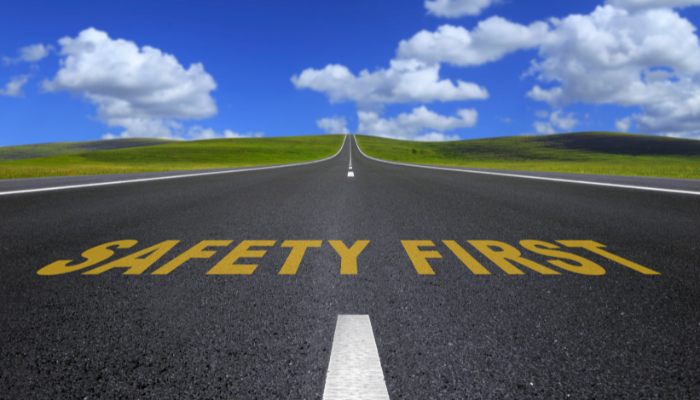Driving with a Medical Condition? What You MUST Tell the DVLA

Most of us think of driving as second nature - like tying your shoelaces. But what if your health changes? Whether it’s a new diagnosis, a flare-up, or just something you thought was “no big deal,” the DVLA takes medical fitness to drive seriously. Ignore the rules, and you could face a £1,000 fine, lose your licence, or even end up uninsured.
Sounds scary? It doesn’t have to be. Here’s what you really need to know.
Why honesty is the best (and safest) policy
Declaring your medical condition isn’t about being punished - it’s about keeping you, your passengers, and everyone else on the road safe. The DVLA isn’t there to take away licences for fun; in fact, most drivers who report conditions are allowed to keep driving, sometimes with just a few sensible checks or short-term licences.
Think of it less as “telling on yourself” and more like having the peace of mind that you’re doing things right - and protecting your insurance if the worst happens.
The big hitters: conditions you must declare
Some health issues are obvious red flags - fainting, seizures, or sudden blackouts. But others are more common than you’d expect, including:
- Diabetes (especially if you use insulin)
- Sleep apnoea (yes, snoring can be a driving problem!)
- Heart conditions (from arrhythmia to pacemakers)
- Strokes or mini-strokes (TIAs)
- Serious eye conditions like glaucoma
- Mental health conditions if they affect your driving
- Blackouts, dizzy spells, or fainting episodes
The full DVLA list is huge – well over 100 conditions are covered - so if you’re wondering “should I tell them?”, the answer is probably yes.
How (and when) to break the news
You don’t have to sit on hold for hours - the DVLA has online forms for the most common conditions. For trickier ones, there are downloadable medical forms. In some cases, they’ll ask your GP or specialist for more detail, or even invite you to a driving assessment.
When to act:
- As soon as you’re diagnosed with a notifiable condition
- If your existing condition gets worse
- If your doctor tells you to stop driving for 3 months or more
While the DVLA makes their decision, you can usually keep driving (unless your doctor says otherwise – stop driving immediately if this is the case).
What happens if you don’t?
This is where things get messy:
- You could receive up to a £1,000 fine for failing to notify
- Risk of criminal prosecution if you’re involved in an accident
- You could have your Licence revoked or disqualified
- Your Insurance may be invalidated and they could refuse to pay out - which could mean massive personal costs if you crash
In short: a few minutes filling out a DVLA form could save you a world of hassle.
Key Takeaway
Nobody likes more paperwork - but declaring a medical condition is one of those boring but vital jobs that protects you in the long run. Most drivers who declare can carry on motoring, just with a little extra oversight.
So, if your health changes, don’t gamble your licence, your bank account, or your peace of mind. Take ten minutes, tell the DVLA, and keep driving safe and stress-free.





